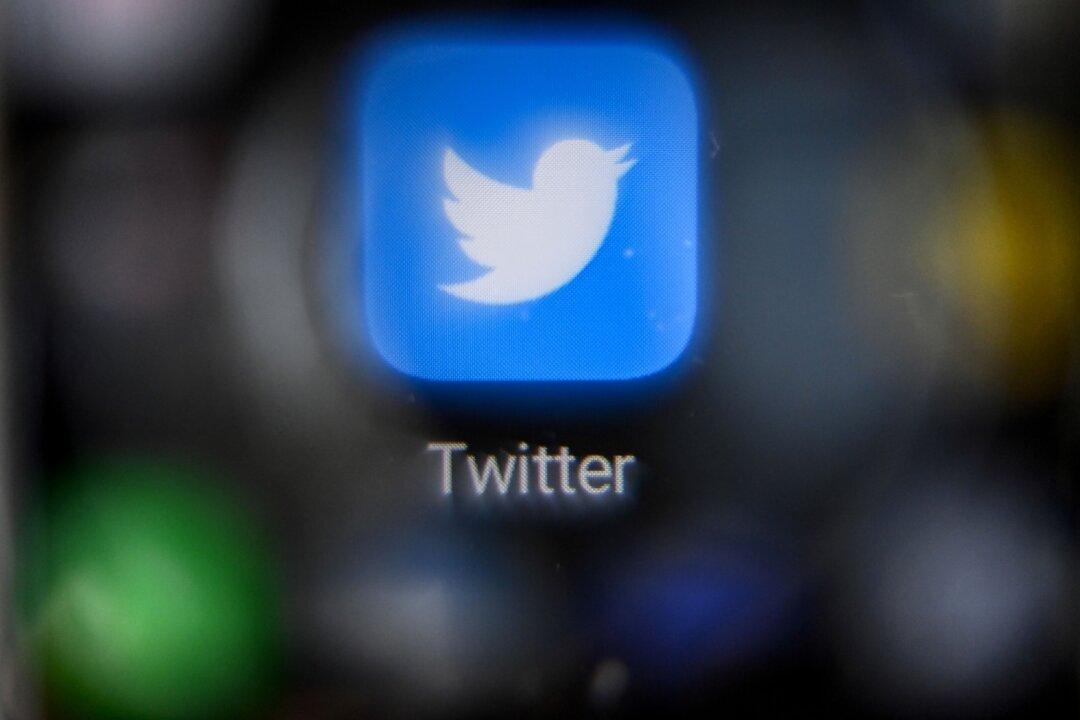News Analysis
Recent controversies stoked by alleged efforts of leading tech platforms to ban or “de-platform” content on political grounds—which some claim was behind Twitter’s temporary blocking last week of all links to articles running in The Epoch Times—have prompted fresh debate over the legal rights of users of these platforms and what the First Amendment does, and does not, guarantee.





